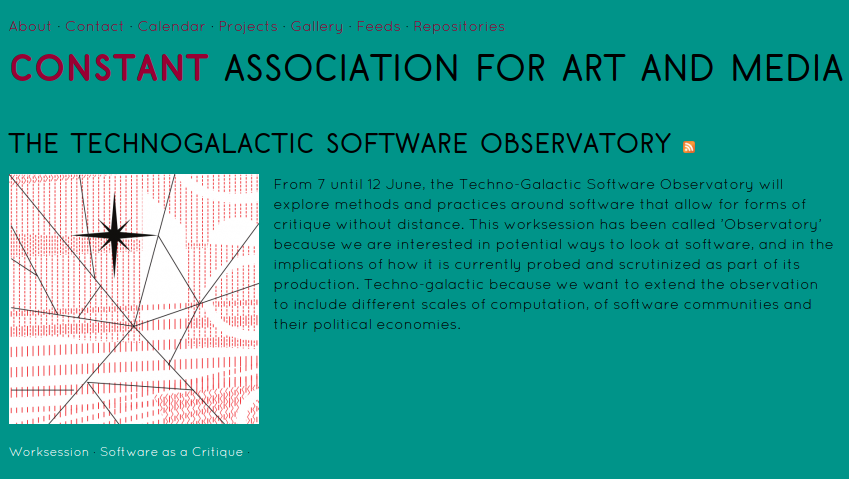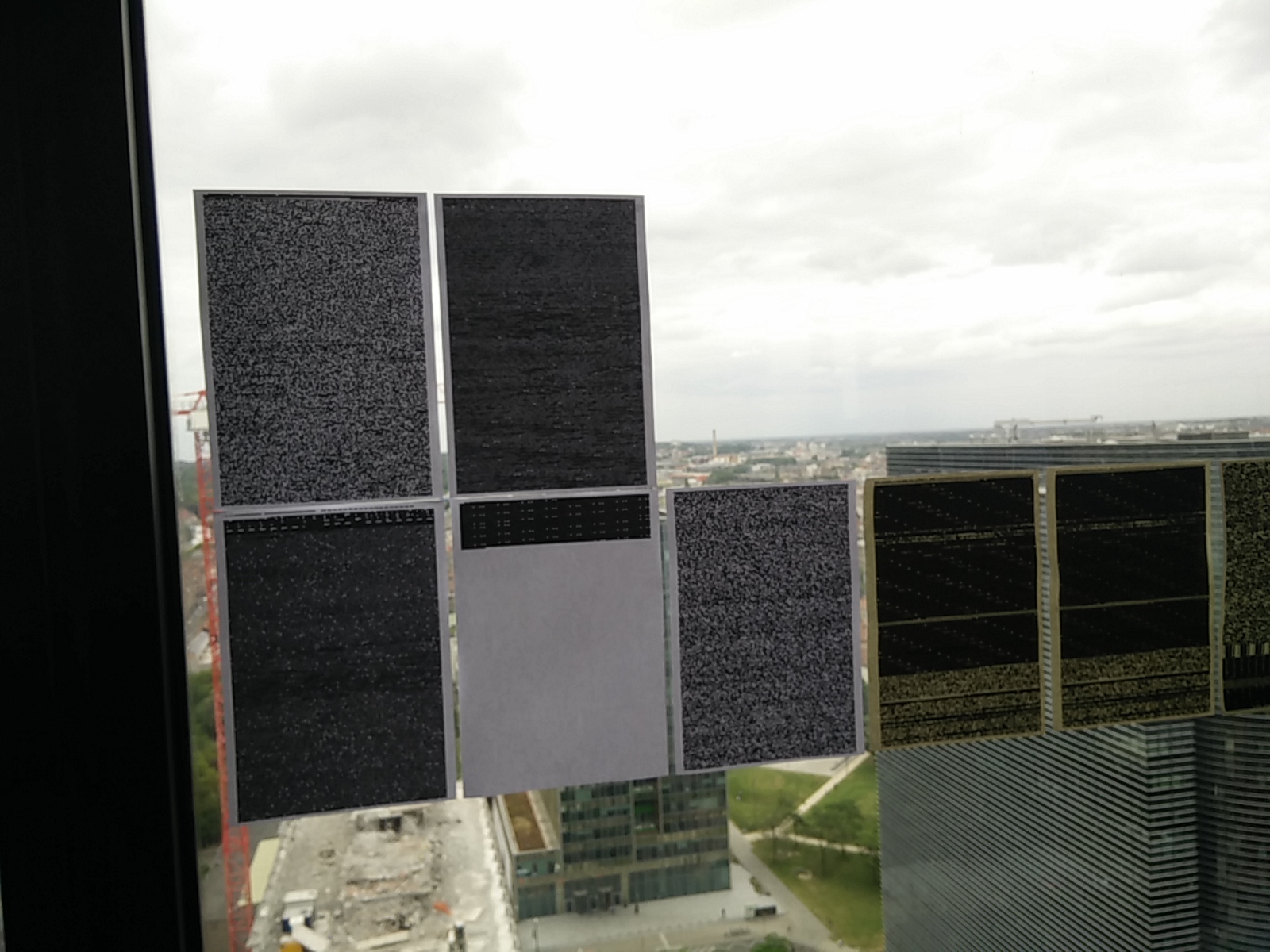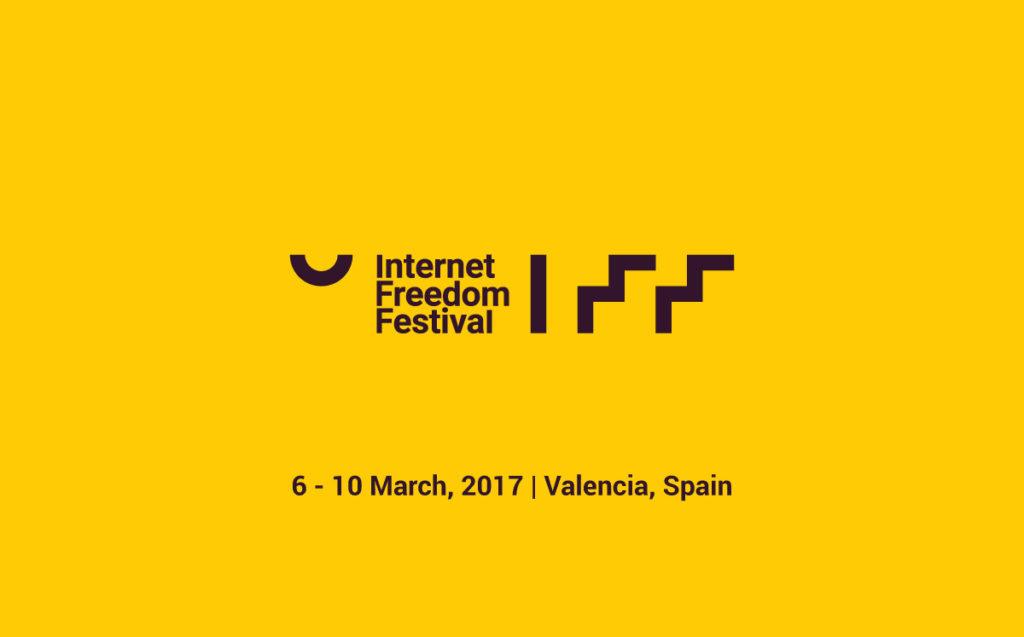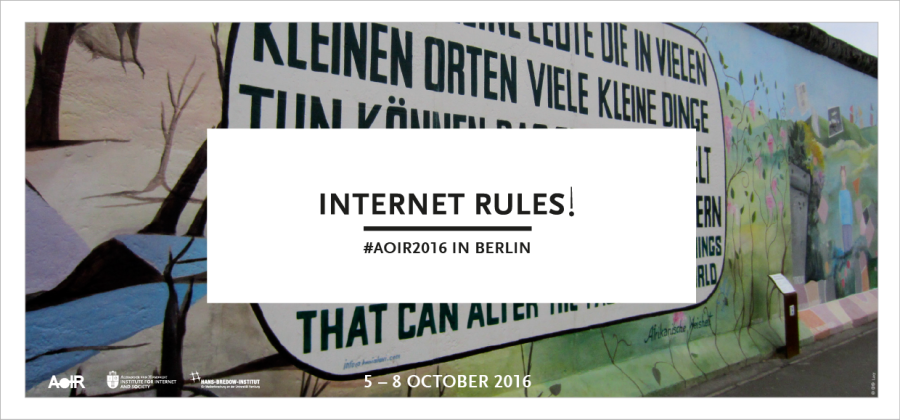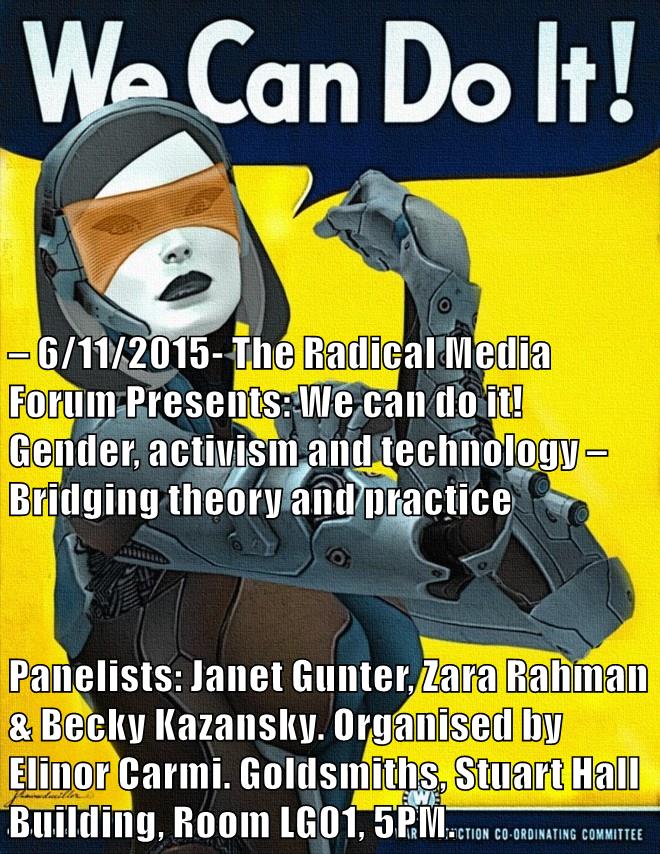Society for Social Studies of Science (4S), 2017
Boston, Massachusetts, August 30 – September 2, 2017
STS (In)Sensibilities
If sensibility is the ability to grasp and to respond, how might we articulate the (in)sensibilities of contemporary technoscience? How, similarly, can we reflect on the extent and limits of our own sensibilities as STS scholars, teachers, and activists? The conference theme invites an open reading and exploration of how the world is made differently sense-able through multiple discourses and practices of knowledge-making, as well as that which evades the sensoria of technoscience and STS. Our aim is that the sense of ‘sense’ be read broadly, from mediating technologies of perception and apprehension to the discursive and material practices that render worlds familiar and strange, real and imagined, actual and possible, politically (in)sensitive and ethically sensible. Find the detailed program here.
Becky presents ‘Calculating & Countering Surveillance Risks: Translations in Practice’
With the proliferation of digital surveillance, how to act under the presumption of monitoring and tracking has become a central subject of concern to civil society. The responsibility of the ‘surveillance subject’ extends to the ability to anticipate the likelihood of one kind of security threat over another; to apply risk management strategies to determine the appropriate course of action in fearful and uncertain circumstances; and to own responsibility for the impacts of any ensuing threats. With the risks of emerging phenomena like the ‘internet of things’, ‘smart cities’, intelligent autonomous systems, and preemptive security, the responsibilities placed on chronically under-resourced civil society actors are greater than ever. This paper investigates the practices civil society actors and affiliated technical communities turn to in order to calculate and counter these emerging risks, using translations and boundary objects as an analytical lens to understand security in practice.
The paper draws upon my doctoral research, which bridges surveillance studies and STS approaches to the study of risk, security, and information infrastructures, including the work of Michel Callon and John Law (2005) on calculative practices and Geoffrey Bowker and Susan Leigh Star on ‘boundary objects’ and ‘boundary infrastructures’(1989; 1999), with the work of critical data and critical security scholars such as Louise Amoore and Claudia Aradau.
The research is done through participant observation, document analysis, and extensive semi-structured interviewing, crossing national boundaries in order to trace transnational interactions. The paper draws upon document analysis of different risk and threat modeling frameworks, and data from interviews conducted with privacy engineers, human rights defenders, activists, and security industry professionals.
About 4S
The Society for Social Studies of Science (4S) is an international, nonprofit scholarly society founded in 1975. 4S fosters interdisciplinary and engaged scholarship in social studies of science, technology, and medicine (a field often referred to as STS). Membership in the society is open to anyone interested in understanding developments in science, technology, or medicine in relation to their social contexts.

